Horizon Films: Gaming Giant's Cinematic Triumph?
Following the successful cinematic adaptation of Uncharted in 2022 and the critically acclaimed HBO series based on The Last of Us, a Horizon Zero Dawn movie was inevitable. PlayStation Studios and Columbia Pictures have officially confirmed a film adaptation, promising a faithful recreation of Aloy's journey and the game's breathtaking, machine-populated world. While still in early development, the film has the potential to be Sony's first major video game box office triumph—provided it stays true to the source material.
Recent years have witnessed a surge in successful video game adaptations across various platforms. The Super Mario Bros. and Sonic films, targeted at family audiences, serve as prime examples of critical and commercial success. On television, Sony's The Last of Us, alongside Netflix's Arcane and Amazon Prime's Fallout, enjoys widespread fan acclaim. Even adaptations with mixed reviews have achieved box office dominance, as evidenced by the Tom Holland-led Uncharted film, which raked in over $400 million.
However, challenges remain. While the "video game curse" has largely been lifted, faithfulness to the source material remains crucial. Uncharted, despite its box office success, fell short of expectations for many fans due to its deviations from the games. Conversely, last year's Borderlands film and Amazon's Like a Dragon: Yakuza series suffered from poor critical reception and box office performance, largely attributed to their disregard for the original storylines, lore, and overall tone.
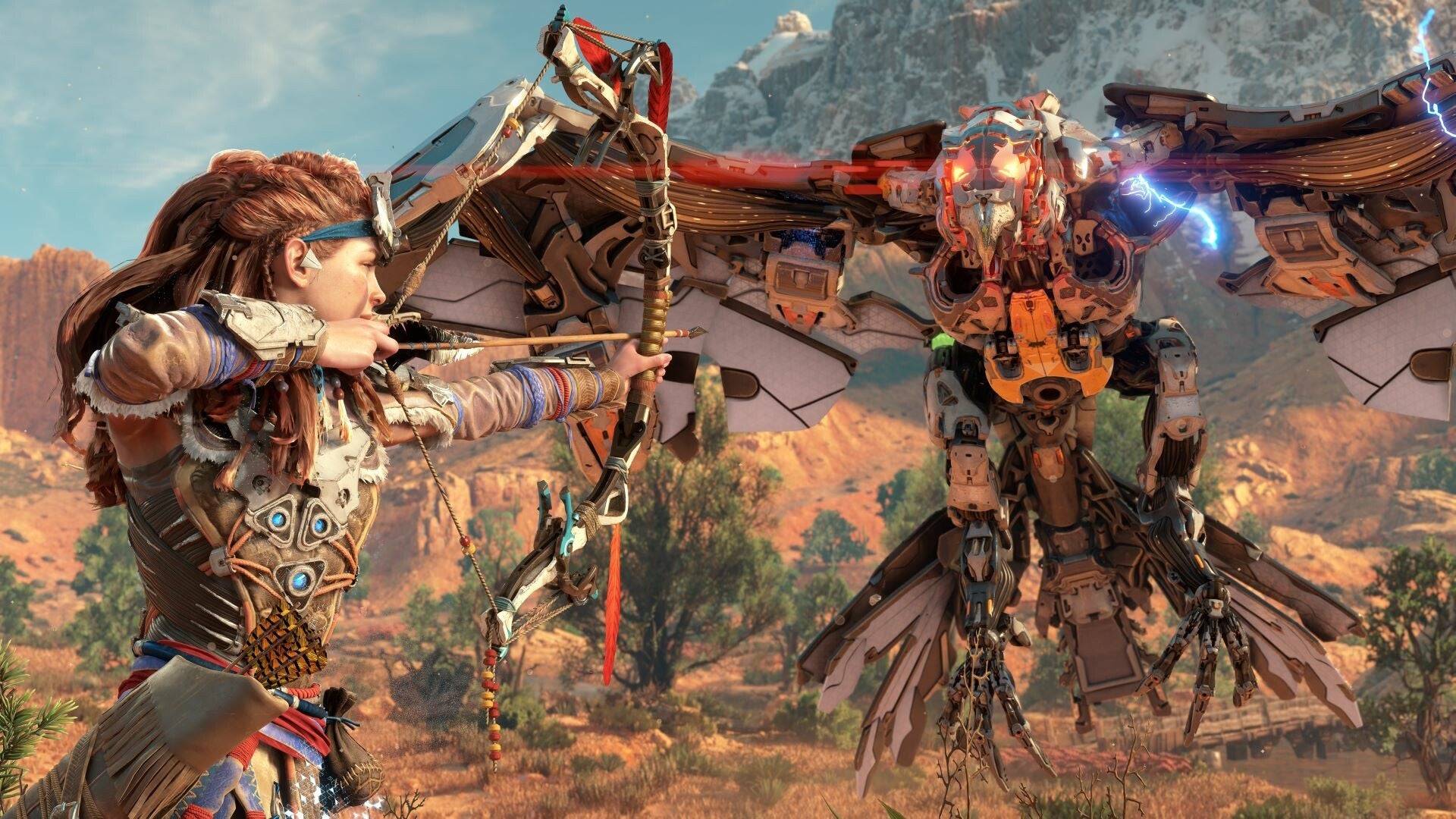
The upcoming Horizon film isn't the first attempt at bringing the franchise to the screen. A previously announced Netflix series, rumored to be titled "Horizon 2074" and set in the pre-apocalypse, faced significant fan backlash due to its potential departure from the established narrative and lack of iconic robotic creatures. Fortunately, this project has been shelved, and the focus has shifted to a theatrical release. This is a strategic move, as the larger budget of a Hollywood production is essential to effectively realize the game's visual spectacle.
If the Horizon film emulates the success of The Last of Us, it stands a strong chance of becoming PlayStation's first major cinematic win. The success of Fallout, Arcane, and The Last of Us demonstrates the importance of staying true to the source material, not only visually but also narratively and tonally. While The Last of Us introduced new storylines, it maintained the core narrative structure, resonating with both existing fans and new viewers. A similar approach with Horizon could yield similar results.
Faithfulness to the original game isn't solely about appeasing fans; Horizon Zero Dawn's narrative received widespread critical acclaim, winning Best Narrative at The Game Awards 2017 and Outstanding Achievement in Story at the 2018 DICE Awards. The compelling story, set in 31st-century North America, follows Aloy's journey of self-discovery and her connection to the old-world scientist, Elisabet Sobeck. Aloy, along with her companions Erend and Varl, and the enigmatic Sylens, are captivating characters within a richly detailed world. The game's exploration of climate change and the rise of rogue AI adds depth and intrigue.
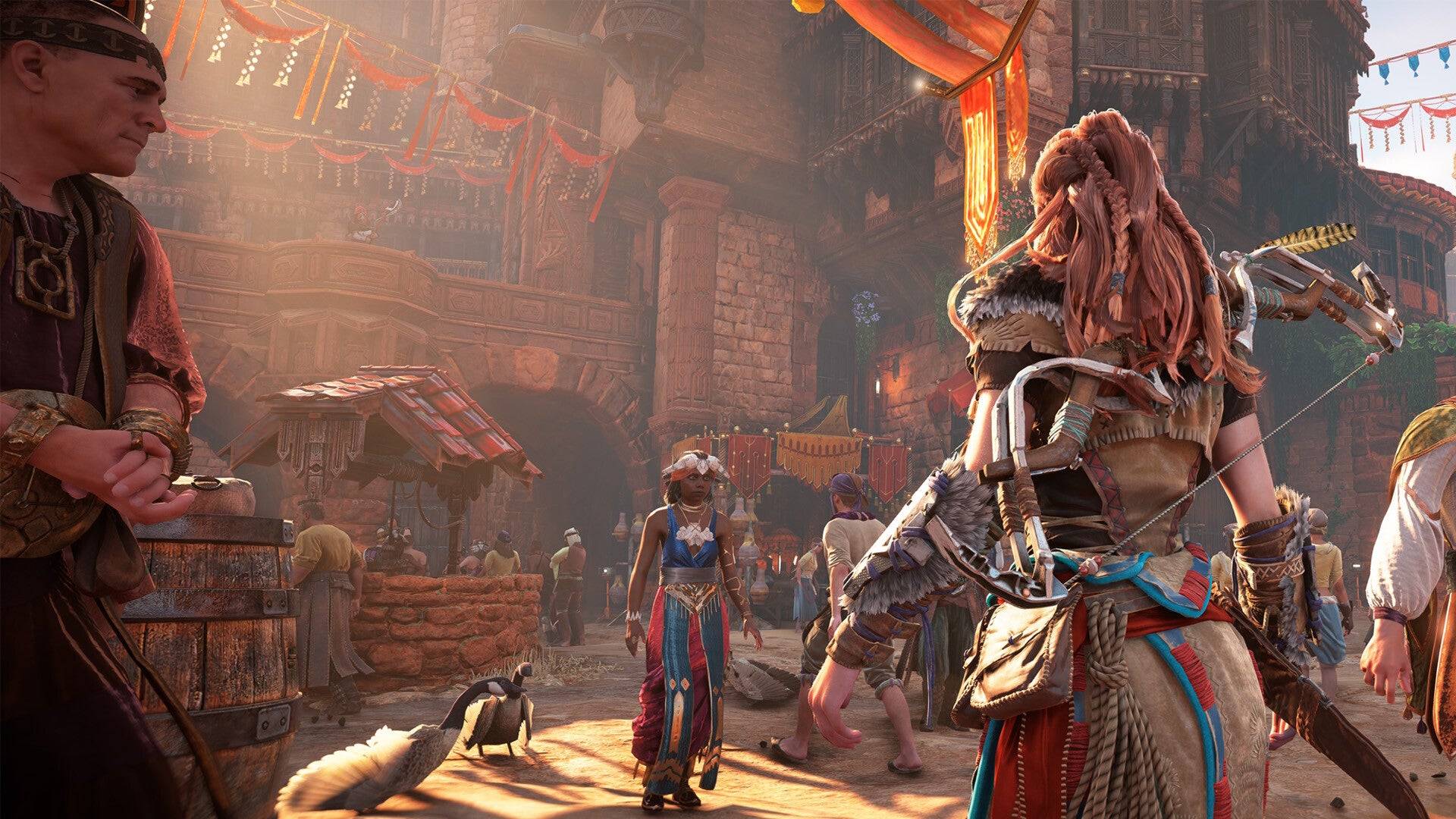
Horizon's narrative is inherently cinematic. Its unique world, timely themes, and visually striking aesthetic are perfectly suited for the big screen. The expansive story of Forbidden West further expands the franchise's potential. By staying true to the source material, Sony can create a long-lasting and successful film franchise.
A successful adaptation requires preserving the elements that made the game a success. With other Sony titles like Ghost of Tsushima and Helldivers 2 slated for adaptation, a faithful approach to Horizon could set a precedent for future projects. Ignoring what made Horizon great, however, risks alienating fans and repeating the financial failures of other adaptations. Sony must recognize the potential of Horizon and ensure a faithful and successful cinematic adaptation.
AnswerSee Results-
A Comprehensive Guide to Farming Sword Acorus in Wuthering Waves Sword Acorus, a crucial ascension material in Wuthering Waves' 2.0 update, is vital for ascending Carlotta. Luckily, it's relatively easy to find, often appearing in sizable clusters. This guide details the best locations to maximizeAuthor : Sophia Feb 25,2025
-
A Witcher 4 Genesis: How a Witcher 3 Side Quest Prepared the Team The development of The Witcher 4, starring Ciri in a new trilogy, began surprisingly with a seemingly minor addition to The Witcher 3: Wild Hunt. Two years before the Witcher 4's reveal, a special quest, "In the Eternal Fire's ShadoAuthor : Aurora Feb 25,2025
- Hitman Devs' "Project Fantasy" Hopes to Redefine Online RPGs
- The Elder Scrolls: Castles Now Available on Mobile
- Resident Evil Creator Wants Cult Classic, Killer7, to Get a Sequel By Suda51
- Minecraft's 'In Your World' Mod: A Chilling Update
- Fortnite Update: Mysterious Mythic Item Teased in Latest Leak
- Deadlock Characters | New Heroes, Skills, Weapons, and Story

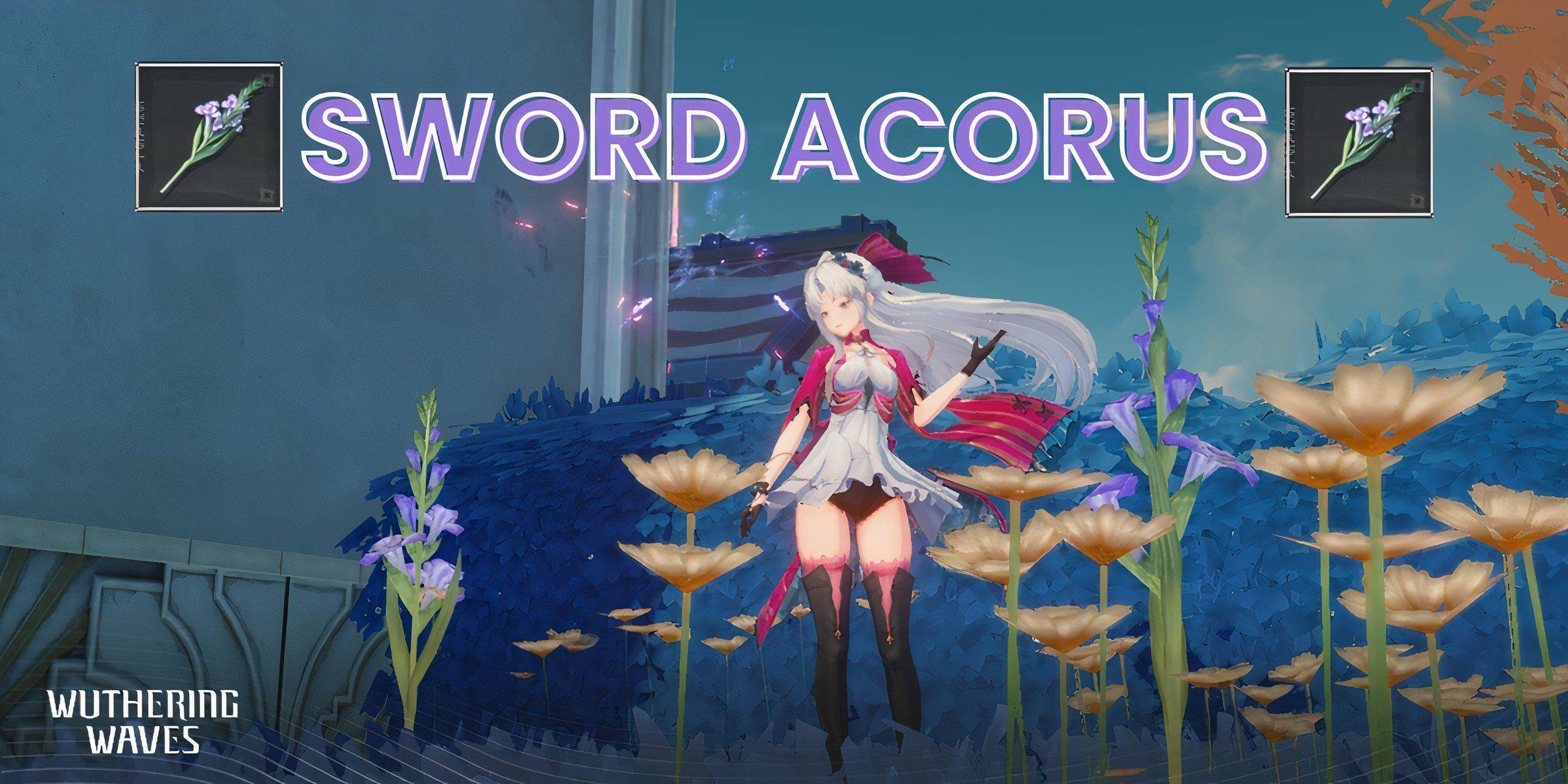
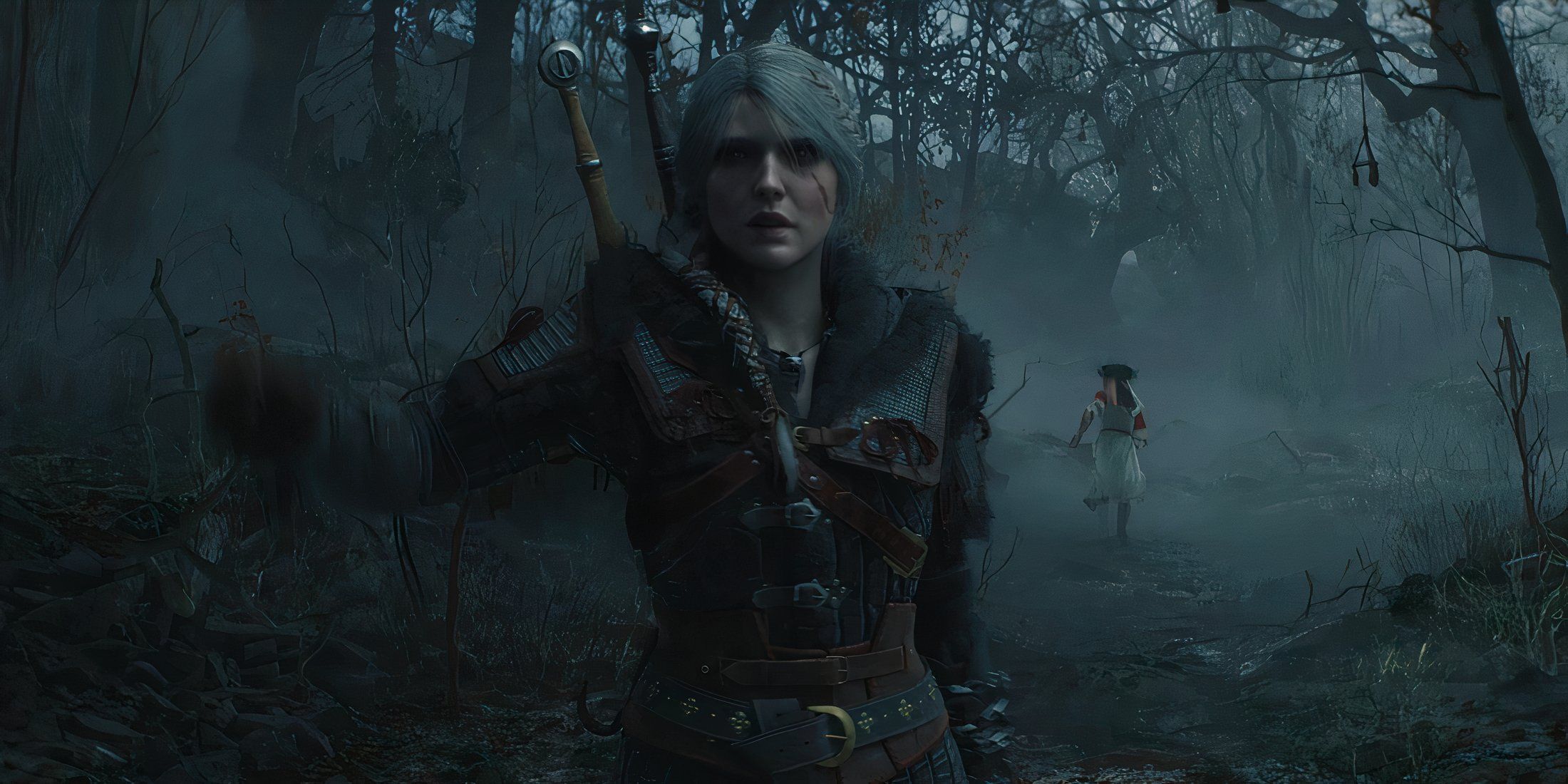



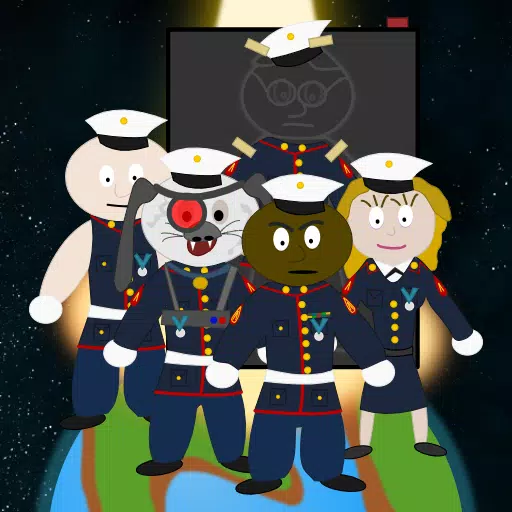





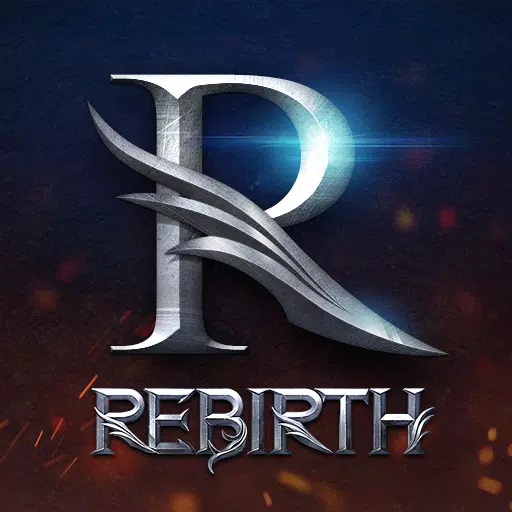








![[777Real]スマスロモンキーターンⅤ](https://images.0516f.com/uploads/70/17347837276766b2efc9dbb.webp)

